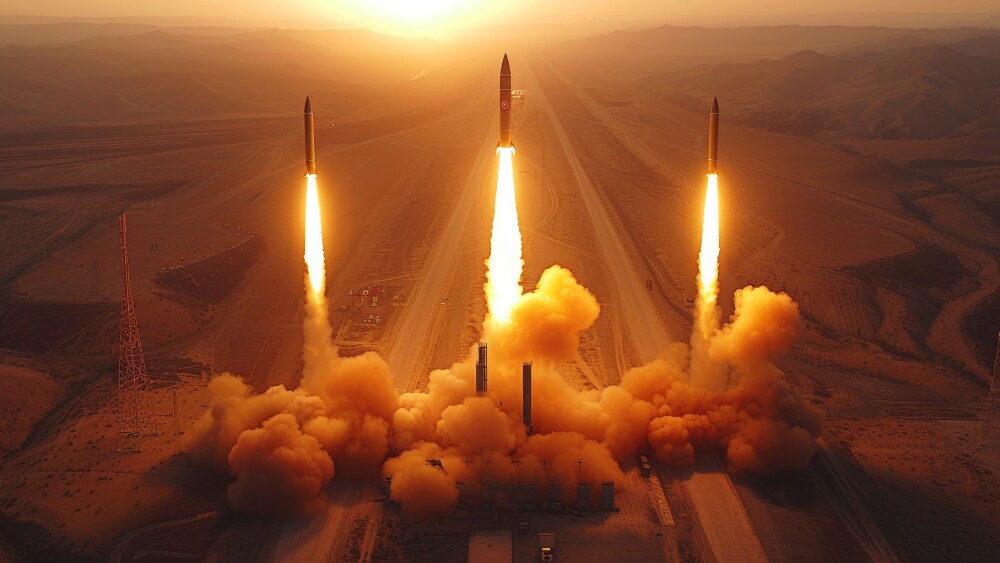On September 8, the Yorktown Institute’s Shay Khatiri noted that, despite Iranian diplomatic denials, Iran had indeed shipped ballistic missiles to Russia for probable use against Ukraine. Russian President Vladimir Putin likely hopes that the Iranian missiles can provide Russia the qualitative military edge that its fighter jets, drones, and Russia’s own missiles did not. By raining terror on Kyiv, Putin also hopes that Russia can decapitate the Ukrainian leadership with precision Russian forces so far have lacked. After all, while Ukraine and Russia have fought to a standstill, at least in Donbas, the death of either Putin or Ukrainian President Volodymyr Zelensky might create a breakthrough that could lead either country to end its fight.
Iranian leaders, meanwhile, feel it is their right to export missiles abroad, and they take great pride in the outside world coming to them for technology. After years of sanctions, the Iranian government also relishes foreign capital that it can use to both import food and subsidize “axis of resistance” proxy militias.
Allowing Iranian ballistic missile sales risks a cascade of conflict and instability across the globe. By shipping ballistic missiles to Russia, the Iranian leadership signals that it is willing and able to destabilize regions far beyond the Middle East. Within Iranian ships now docking in Venezuela, for example, it is conceivable that Iran could sell ballistic missiles that the Maduro regime could use against neighboring Guyana or to threaten U.S. forces and interests in the Caribbean. In short, Iran’s proliferation for profit could transform it into the new Pakistan or North Korea.
How, then, should President Joe Biden or his successor deter Iranian ballistic missile sales? Perhaps a useful doctrine would be to declare that the United States or its allies would retaliate against Iranian military bases in reaction to any use of Iran’s ballistic missiles, regardless of who ordered their launch. In effect, Tehran could sell its weaponry, but Washington would declare it would hold Tehran responsible for its use, rather than its onward customers. If the Russian Army, for example, launches missiles at the Ukrainian port of Odessa, the United States or United Kingdom might react by eliminating port facilities in Bandar Abbas. Alternatively, if the Russian Army launched its missiles at Mariyinsky Palace, Zelensky’s official residence, then Western allies would hit Supreme Leader Ali Khamenei’s official residences.
The White House may believe it sophisticated to pass United Nations resolutions or issue condemnations of Iranian missile sales, but rhetoric alone has never contained Iran. Successive U.S. administrations have targeted cartel leaders, rather than simply the drug dealers who distribute their products. Likewise, it is necessary to target those who build and provide the missiles, rather than simply those who might fire them for local interests.
To establish deterrence is not easy, but it is necessary. Iranian leaders must realize they will be held personally responsible for any weapons they sell to proxies, rogues, and belligerents.








